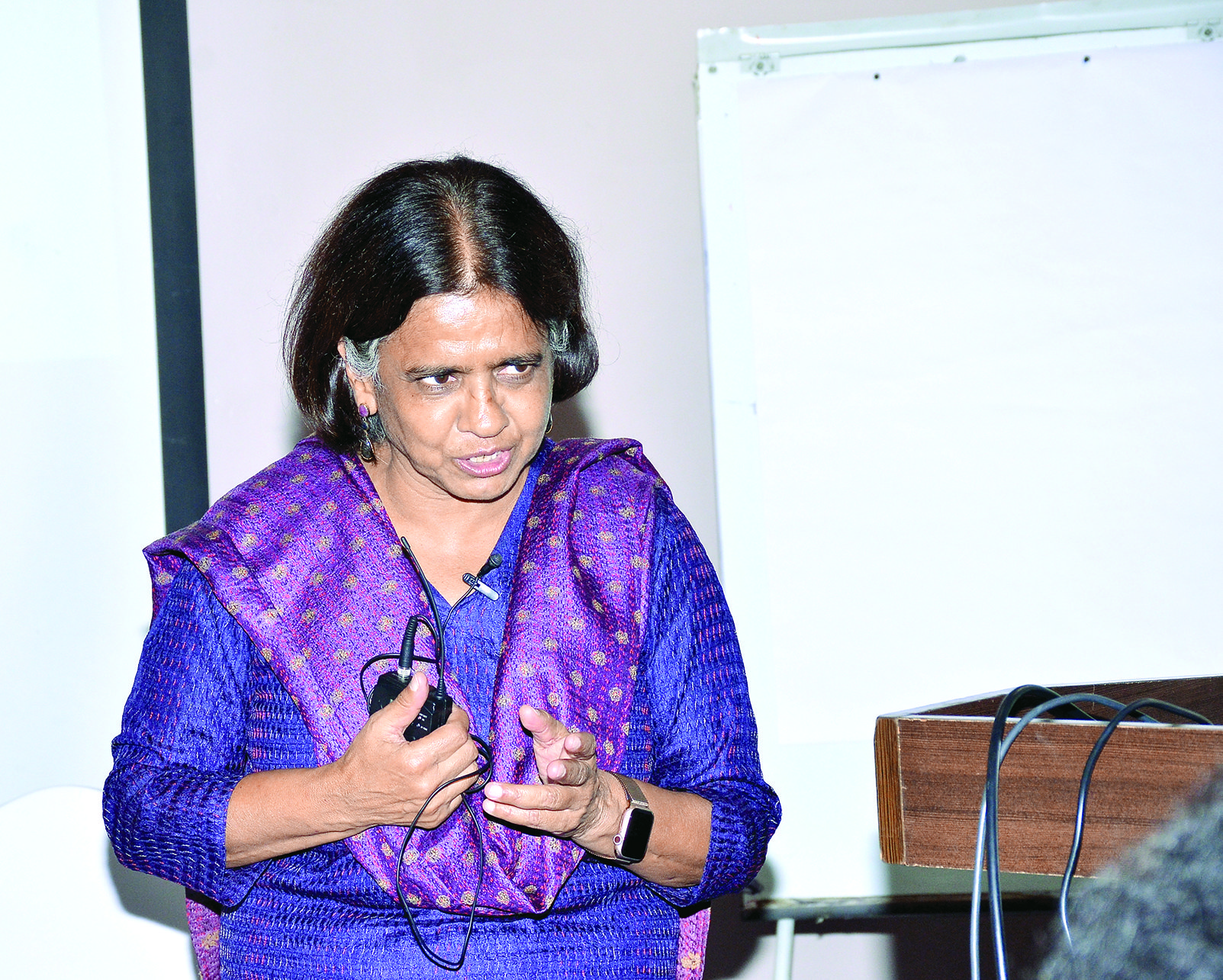Study shows African nations are critically water insecure
By Milliam Murigi, September 19, 2024All African nations are water insecure and host 22 per cent of the world’s critically water insecure population, a new report has revealed.
The State of Africa’s Environment 2024 report by Centre for Science and Environment (CSE), India, shows only 201 million people in the 54 Africa countries have access to safely managed drinking water with more than 411 million others lacking basic drinking water service.
“Most of African countries have abundant freshwater resources. However, abundant natural water availability does not necessarily ensure water security. The reason is most Africa has the lowest levels of safe Water, Sanitation and Hygiene (WASH) services, undermining water security,” reads part of the report.
Speaking at the report launch in Nairobi, CSE director general Sunita Narain said water scarcity in Africa is not due to a lack of resources but rather poor management.
Abundant freshwater
She highlighted that, despite the availability of abundant freshwater in many regions, ineffective policies and inadequate infrastructure are major contributors to the water crisis, particularly in the areas of WASH. Climate change is also exacerbating the already fragile water systems across the continent.
“Only a fraction of the continent’s water endowment is effectively used. In some of the driest regions, like sub-Saharan Africa, overexploitation of groundwater and inadequate investment in water infrastructure have left millions without reliable access to clean water,” she said.
According to the report, apart from poor water management another two major discontinuities in water governance have emerged: the shift from community-based management to state control and the growing dependence on surface and groundwater sources, while traditional methods like rainwater harvesting are underutilized.
This is why revival of rainwater harvesting, paired with modern scientific innovations, could significantly alleviate the water stress in Africa.
“If nothing is done, Africa is expected to experience the most significant decline in per capita renewable water resources by 2100. If all water use was to be met from rivers and groundwater systems, riverine ecosystems and groundwater resources will come under extreme stress, as is already being noticed across the continent,” she said.
According to the report, the earlier reliance on rainwater and floodwater has declined, even though rainwater and floodwater are available in much greater abundance than river water or groundwater.
Theoretically, the potential of water harvesting in meeting household needs is enormous. Even in an arid area with an annual rainfall level of only 100 mm, one hectare of land can theoretically capture as much as one million litres of water.
As there is a synergy between population density and rainfall levels, less land is required in more densely populated areas to capture the same amount of rainwater.
And in such areas, there is usually more built-up area like roof-tops which have improved runoff efficiency. Rainwater harvesting can not only provide a source of water to increase water supplies but also involve the public in water management, making water management everybody’s business.
“It will also reduce the current demand on government institutions to meet water needs, reduce the need for government subsidies, and help everyone to internalise the full costs of their water requirements, thus encouraging the public to be more conserving in its water demand. In rural areas water harvesting will also be an integral part of an integrated programme for sustainable development of land and water resources on a watershed basis whose objective is to improve total biomass output,” reveals the report
Water harvesting
According to Sunita, water harvesting and integrated land-water management is not new to the Africa continent, or to many other parts of the developing world. The art and science of “collecting water where it falls” is ancient but this “dying wisdom” needs to be revived to meet modern freshwater needs adequately, equitably and sustainably and modernised with inputs from science and technology.
In human terms, rainwater harvesting means making water everybody’s business. Every household becomes involved both in the provision of water and in the protection of water sources. It means making water the subject of a people’s movement, re-establishing the relationship between people and their environment and turning water into a sacred element of nature.
It means the empowerment of urban and rural communities to manage their own affairs with the state playing a critical supportive role and the civil society playing a critical role in encouraging equity and sustainability in the use of water. It means a role for everybody with respect to water.
